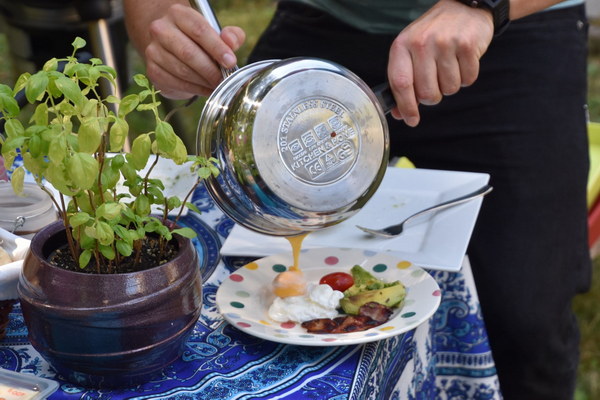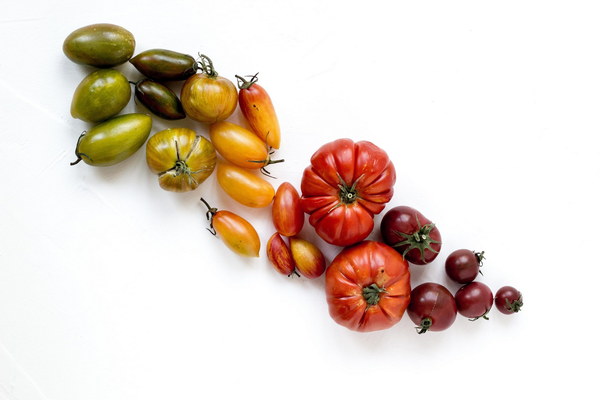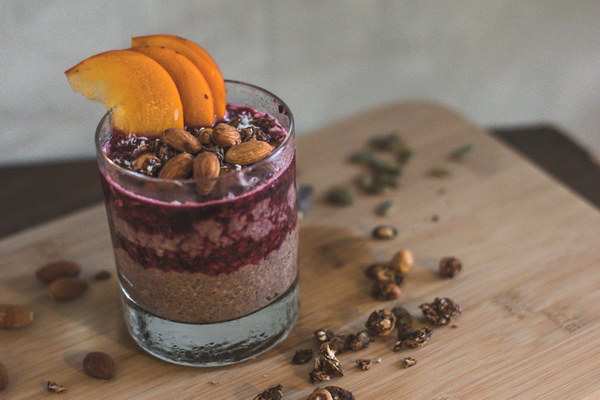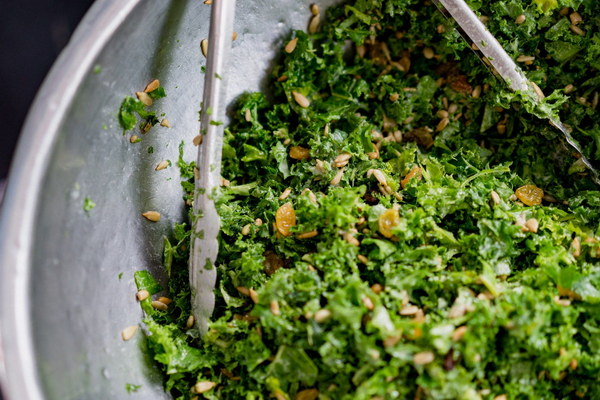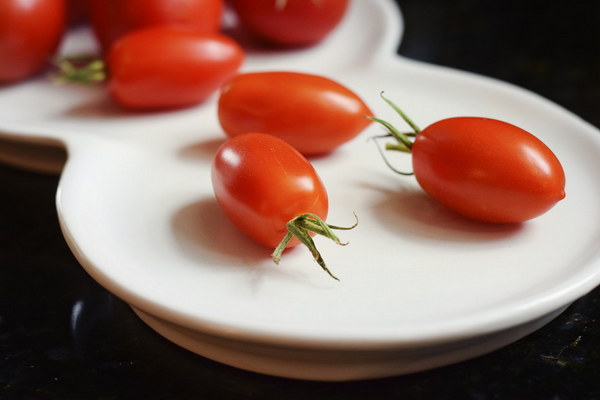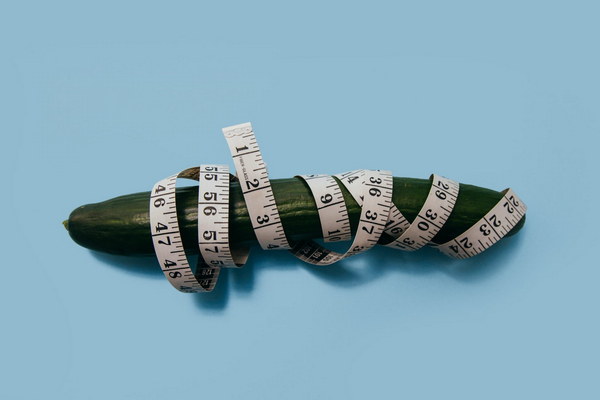Natural Wetness Relief Discover the Traditional Chinese Medicine's Formula for a Healthier You
In the realm of Traditional Chinese Medicine (TCM), the concept of dampness is widely recognized as a common culprit for various health issues. Dampness refers to an excess of moisture in the body that can lead to symptoms such as fatigue, bloating, and weight gain. To combat this unwanted moisture, TCM offers a variety of herbal remedies and dietary adjustments. Here is a comprehensive guide to a TCM-recommended formula for dampness relief.
1. Herbs for Dampness Relief
The following herbs are commonly used in TCM to alleviate dampness:
- Astragalus (Huang Qi): This herb strengthens the immune system and improves energy levels by draining dampness.
- Poria (Fu Ling): Poria is known for its diuretic properties, helping to eliminate dampness and improve digestion.
- Atractylodes (Cang Zhu): Atractylodes is excellent for draining dampness and strengthening the spleen, which plays a crucial role in dampness-related issues.
- Alisma (Ze Xie): Alisma is used to clear dampness and relieve water retention, making it beneficial for those with edema.
- Cinnamon (Rou Gui): Cinnamon helps to warm the body and expel cold, which can contribute to dampness.
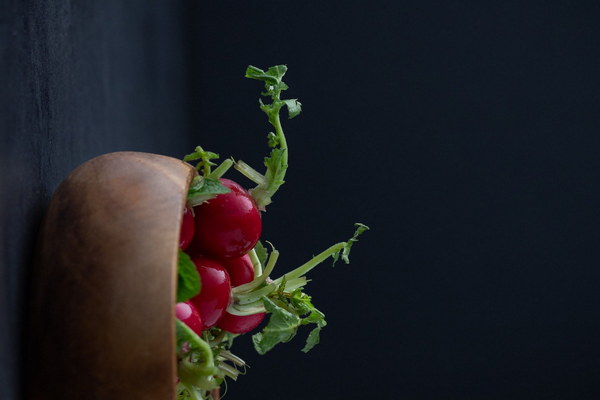
2. Dietary Adjustments
In TCM, diet plays a significant role in managing dampness. Here are some dietary recommendations:
- Reduce intake of cold, raw, and damp foods, such as cold drinks, ice cream, and raw fruits and vegetables.
- Increase consumption of warm, cooked, and drying foods, such as soups, stews, and steamed vegetables.
- Incorporate foods with diuretic properties, such as barley, millet, and cucumber.
- Avoid high-sugar, high-fat, and high-carbohydrate foods, as they can contribute to dampness.
3. Lifestyle Changes
Adopting certain lifestyle changes can also help alleviate dampness:
- Exercise regularly to improve circulation and boost the body's ability to expel dampness.
- Avoid overexposure to damp environments, such as staying indoors during rainy weather.
- Get adequate sleep to ensure proper recovery and balance of body fluids.
4. TCM Treatment
In addition to herbal remedies and dietary adjustments, TCM offers various treatment options for dampness:
- Acupuncture: Acupuncture can help regulate the body's energy flow and drain dampness from the body.
- Cupping: Cupping therapy increases blood flow and helps remove toxins and dampness from the body.
- Massage: A massage can help stimulate the lymphatic system and improve circulation, aiding in the elimination of dampness.
By incorporating these TCM-recommended remedies and lifestyle changes, you can effectively combat dampness and achieve a healthier, more balanced state of being. Remember to consult with a licensed TCM practitioner before starting any new treatment or making significant dietary changes.
